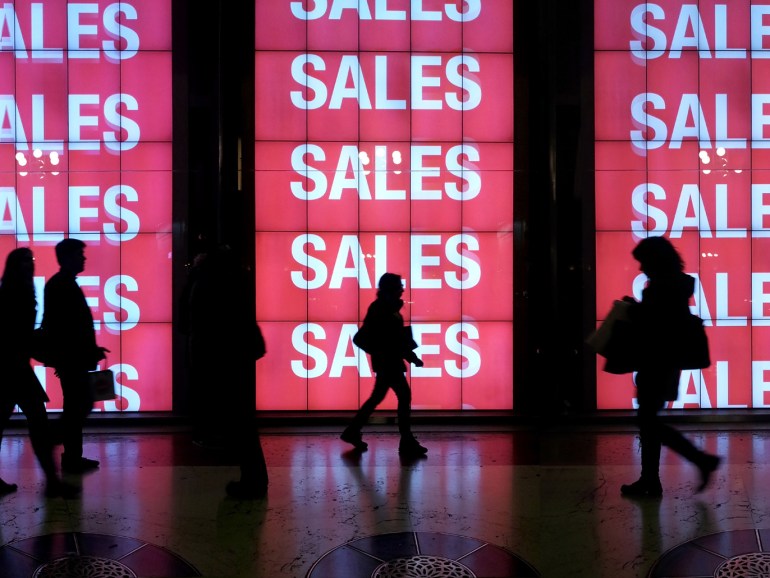In a consumer society, basically, we buy many items constantly and search for available offers and entertainment, but we do not realize how much money we spend and how we spend on things we do not need, and we later regret wasting money on them, but the most important question: Why do we do that? What drives us to spend more?
In a report published by the Spanish magazine Psicologiaymente, writer Oscar Castillero Miminza said that there are many mental traps that make us spend money in an exaggerated manner, and various advertising strategies of major brands exploit some mental traps to influence us, and here are some of the traps The mentality that always strikes us.
A sense of reciprocity
The interaction between the buyer and the seller, especially when the second makes a concession or uses the passion to persuade, the first creates a sense of the need to respond to it with greater expenses, this element is present in abundance in the commercial sector where the interaction with customers is direct, and we assume that what the other person does is Try to advise us as a friend, and so the business background of the interaction fades away.
The desire for consistency
The commercial sector exploits people's desire to be consistent with their previous opinions and actions, and this mental trap makes us loyal to a certain brand and not others, despite the availability of other alternatives of equal or better quality than it and at a lower price.
Celebrations and events
We usually tend to spend a lot of money on big parties, special occasions and holidays, thinking that we can afford additional expenses that may sometimes exceed the limits of what we planned, and this also includes the days that brands and shops devote to stimulating consumer tendency among shoppers, such as what happens In the period of seasonal cuts and black Friday.
Limited availability
It seems that every product that is available in time and in limited quantities attracts attention and makes spending easier, because failure to do so will make you feel like you are missing an opportunity that may not arise again.
Use a credit card
Various studies have found that we tend to spend a lot more when using a credit card compared to paying in cash, due to the fact that paying in cash makes us compare what we pay and what we have, in contrast, the use of a credit card is limited to passing it in the device and writing the personal identification number, and this matter Increases the possibility of spending more money unconsciously.
Offers and deals
Some promotional offers, such as purchasing two units of the product at 50% off the second, are among the most common ways that will lead you to make the purchase, and just thinking that you will get a product for free or additionally or buy the second unit at a lower price, makes you spend Money on something you probably didn't need or were not looking for in the first place.
Mental accounting
Determining precisely our incomes and expenditures is essential to a good disposal of our money and control of spending. But in this way, extra money could mean getting spent without planning. For example, if you find 20 euros on the way, or you get an unexpected amount of money, you may not be able to keep it and control its spending as you would your salary.
Keep up with the fashion trends
Keeping up with fashion trends from mental traps that motivates us to spend too much money. The need to feel valued, admired and a sense of belonging to our social group may be one of the reasons we spend.
Favorable currency
There is a side that also leads us to spend a lot more money than we imagine, when we travel to another country where the difference in currency exchange is significant, in general we do not take into account the exchange rate, but rather we care more about the value of our high currency, which means enjoying greater purchasing power, and assuming that What we buy will be relatively cheap and not appreciating the money will cause us to spend more, in return, if the opposite happens, it will often lead you to control your expenses.

